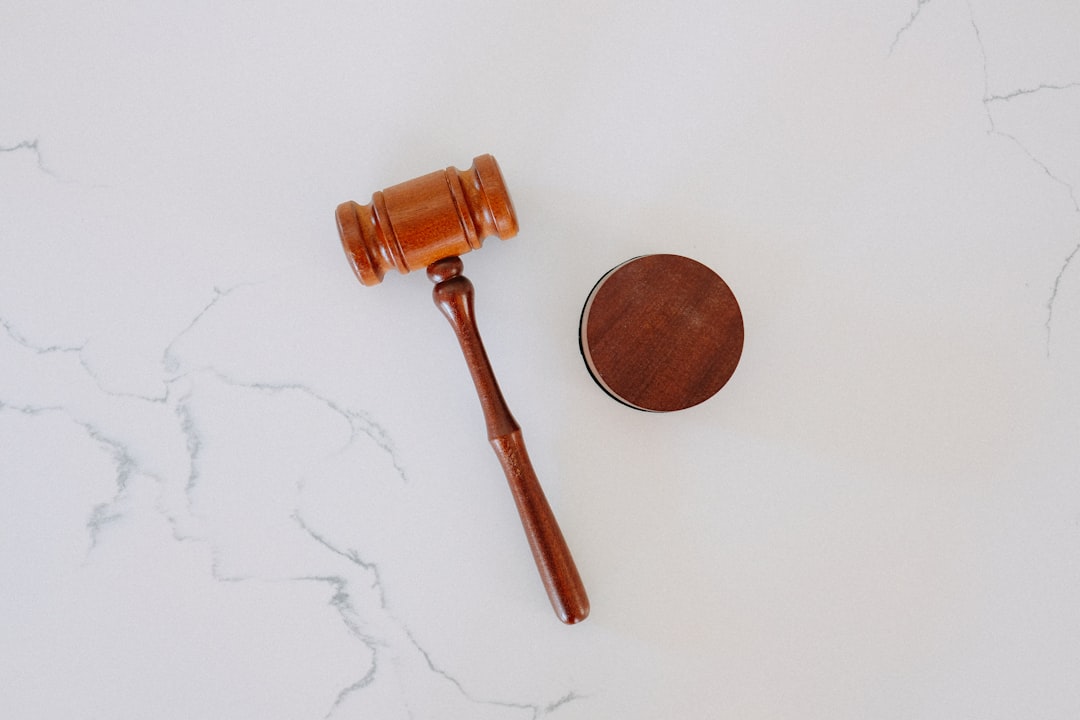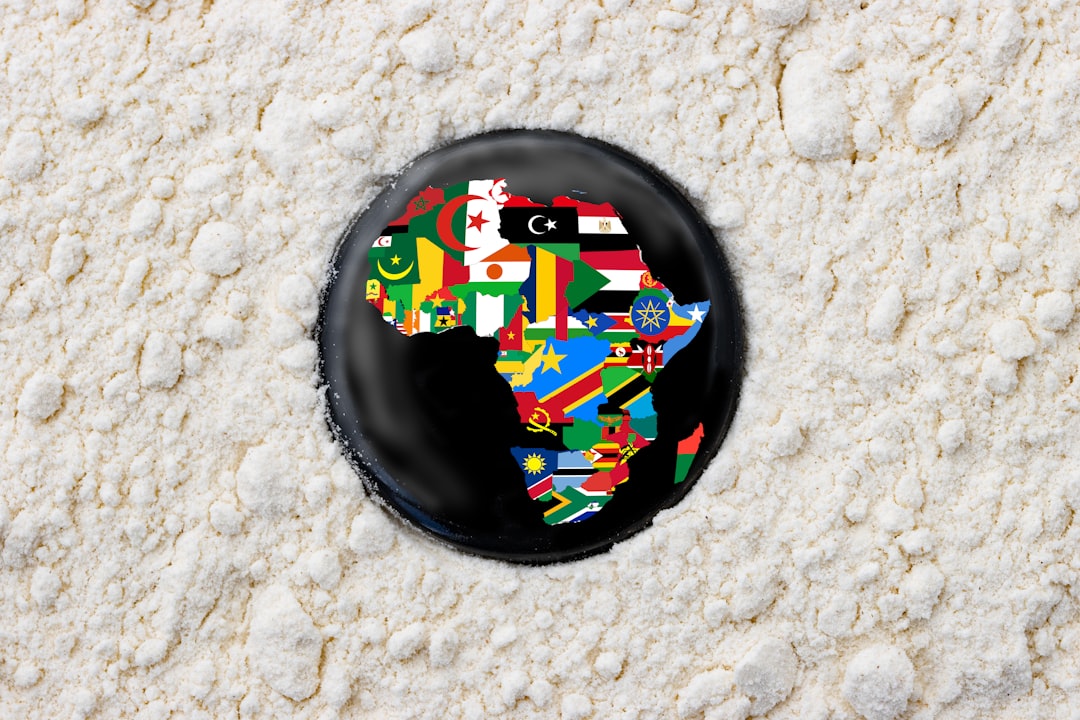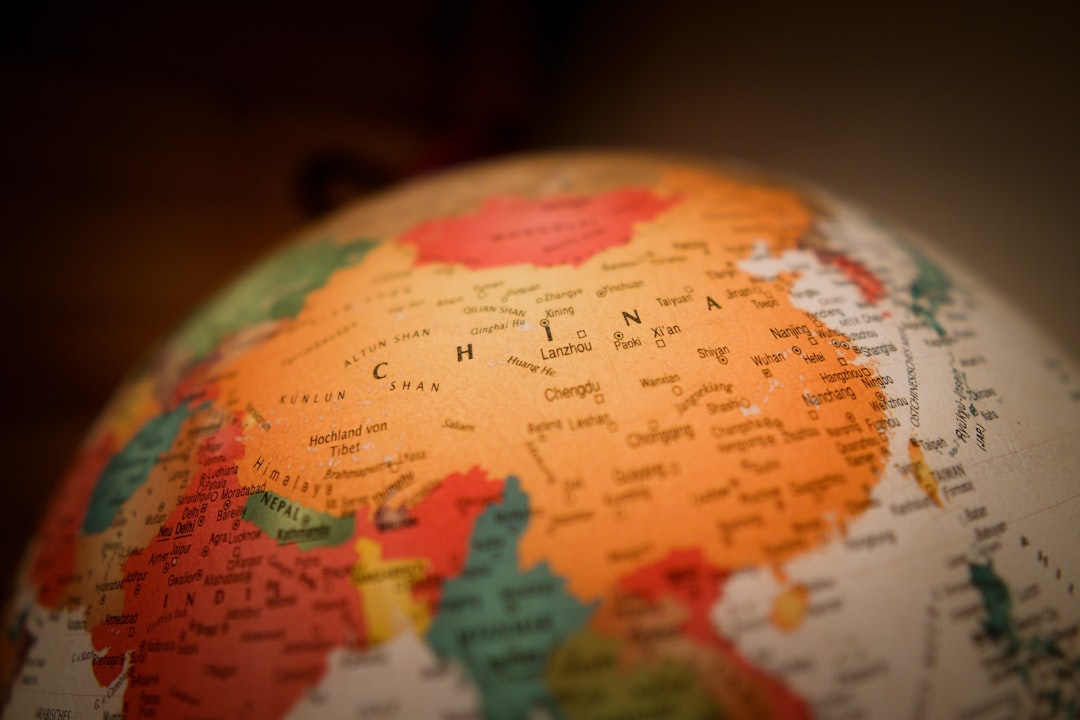What is it about?
The rule of law can be defined as having four elements: (1) democracy; (2) proper legislation respecting international human rights standards; (3) the institutions to administer this law, including independent and impartial courts; and (4) the individuals with the integrity and the knowledge necessary to administer these institutions. The UN has come to an understanding that the rule of law is indispensable for international peace and security, for example in the resolution adopted by the General Assembly in 2012 entitled “Declaration of the high-level meeting of the General Assembly on the rule of law at the national and international levels”. The Security Council with its primary responsibility for the maintenance of international peace and security is the most powerful UN organ. A special responsibility weighs heavily upon high-level politicians in states members of the Council to contribute to establishing the rule of law at the national and international levels.
Featured Image

Photo by Daryan Shamkhali on Unsplash
Why is it important?
Because the members of the UN Security Council, and in particular the five permanent members: China, France, the Russian Federation, he United Kingdom of Great Britain and Northern Ireland, and the United States of America, must bow to the law they are set to supervise, namely the Charter of the United Nations.
Perspectives
The members of the Security Council must lead by example. See www.havc.se
Hans Corell
Read the Original
This page is a summary of: The Fifth Hilding Eek Memorial Lecture, Nordic Journal of International Law, January 2023, Brill,
DOI: 10.1163/15718107-bja10047.
You can read the full text:
Resources
Contributors
The following have contributed to this page










